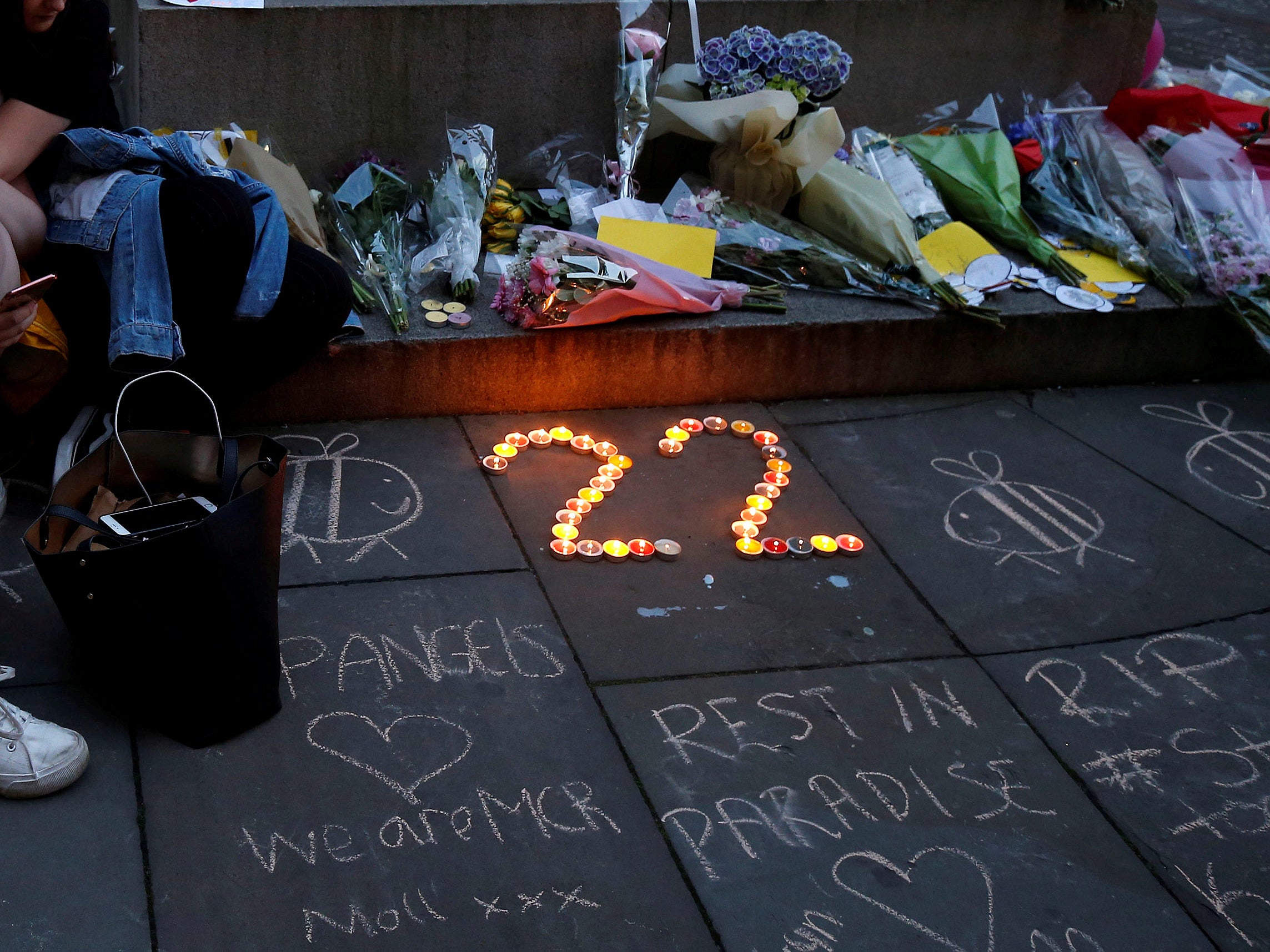
Mail Online publisher Associated Newspapers has been ordered to pay £83,000 in damages after naming a man arrested on suspicion of involvement in the 2017 Manchester Arena terror attack but never charged.
Mr Justice Warby said in a ruling issued days before Christmas that the journalists involved in the decision to name Alaedeen Sicri were “driven by competitive considerations, or herd instinct” and did not weigh up his rights before publication.
It is the third major ruling setting a precedent that suspects should not be named before charge, following Cliff Richard’s landmark privacy win against the BBC and an anonymous businessman’s win against Bloomberg.
The BBC was told to pay Sir Cliff £210,000 in damages while Bloomberg was ordered to pay £25,000.
Sicri brought a claim against Mail Online after it published his full name and other identifying details after his arrest on 29 May 2017 in connection with the terror attack a week earlier that killed 22 victims.
He was not named in a police press release about the arrest and was subsequently released without charge.
[Read more: Sir Cliff Richard ‘chilling effect’ hits Bloomberg as judges reject appeal over criminal probe report]
Mail Online told the court that naming Sicri was in the public interest and that not doing so “would have led to a lower level of reader engagement” and “disembodied coverage… which would have lessened the ability of the public to form a coherent understanding of the extent, progress and direction of the investigation…”
The publisher also argued identification was “within the legitimate margins of editorial discretion afforded to the media in its role as the public’s watchdog under Article 10”.
UK news editor Marianna Partasides told a three-day trial in November that she believed by 6pm that the fact Sicri had been arrested “was circulating in the public domain” after two freelance journalists were separately able to confirm his identity in his local area.
But the judge said the early morning arrest itself had gone “almost unnoticed” and that there were few local people who had linked it to Sicri.
“In any event, there is clearly a distinction to be drawn between a situation in which facts are known to a few locals, and the public disclosure of those facts on what (as Ms Partasides accepted) is ‘a very successful website… with about 15.6m unique browsers per day and 200m daily page impressions…” he said.
He added: “It may accordingly be too much for a person arrested at his home to expect his neighbours to stay silent, and not to gossip amongst themselves about what they have witnessed, and yet entirely reasonable for that same person to expect that a media publisher will refrain from reporting his identity as a suspect online, in permanent form, to tens of millions of strangers.”
Mail Online UK night news editor Tom Savage told the court in a witness statement that he believed “the media should not be prevented from publishing the names of subjects of police investigations where circumstances merit such a step”.
“It is an important editorial issue,” he said. “A general prohibition would significantly restrict news reporting today and the ability of the press to keep the public informed.”
But Mr Justice Warby said self-restraint on Mail Online’s part “would not have impaired [its] free speech rights or the rights of the public to be informed, to an unacceptable or disproportionate degree”.
He also dismissed the publisher‘s claims that identifying the person under arrest contributed to public debate around the Manchester bombing or the subsequent investigation.
Although Mail Online published the first identifying details, including Sicri’s first name, the Guardian was the first to publish his full name.
The judge said Mail Online appeared to have been “driven by competitive considerations, or herd instinct” when it followed suit (as did the Telegraph, Mirror and Sun later that evening).
But Mr Justice Warby noted that the Guardian’s readership is “considerably lower” than that of Mail Online with little overlap as he concluded that publication by the former did not take away Sicri’s expectation that the Mail would not publish his name.
Ruling “firmly” in Sicri’s favour, Mr Justice Warby ordered Mail Online publisher Associated Newspapers to pay £83,000 in damages.
Sicri told the court the reports left him depressed and unable to work as a pilot, a career for which he had recently finished his training.
His lawyers at Bindmans LLP said the publisher must also pay an estimated £1m in costs.
Tamsin Allen, who represented Sicri, said: “This is an important judgment which makes it clear beyond question that arrested people have a right to privacy, and the media may not identify arrested people unless there are special circumstances.
“The decision is a really significant development in privacy law which will be welcomed by all those who are concerned by the media’s lack of respect for individual rights in reporting on criminal investigations.
“As the judge said, it is not for the media to determine the right balance between privacy rights and freedom of expression – that is a matter of law.”
Picture: Reuters/Andrew Yates
Email pged@pressgazette.co.uk to point out mistakes, provide story tips or send in a letter for publication on our "Letters Page" blog
